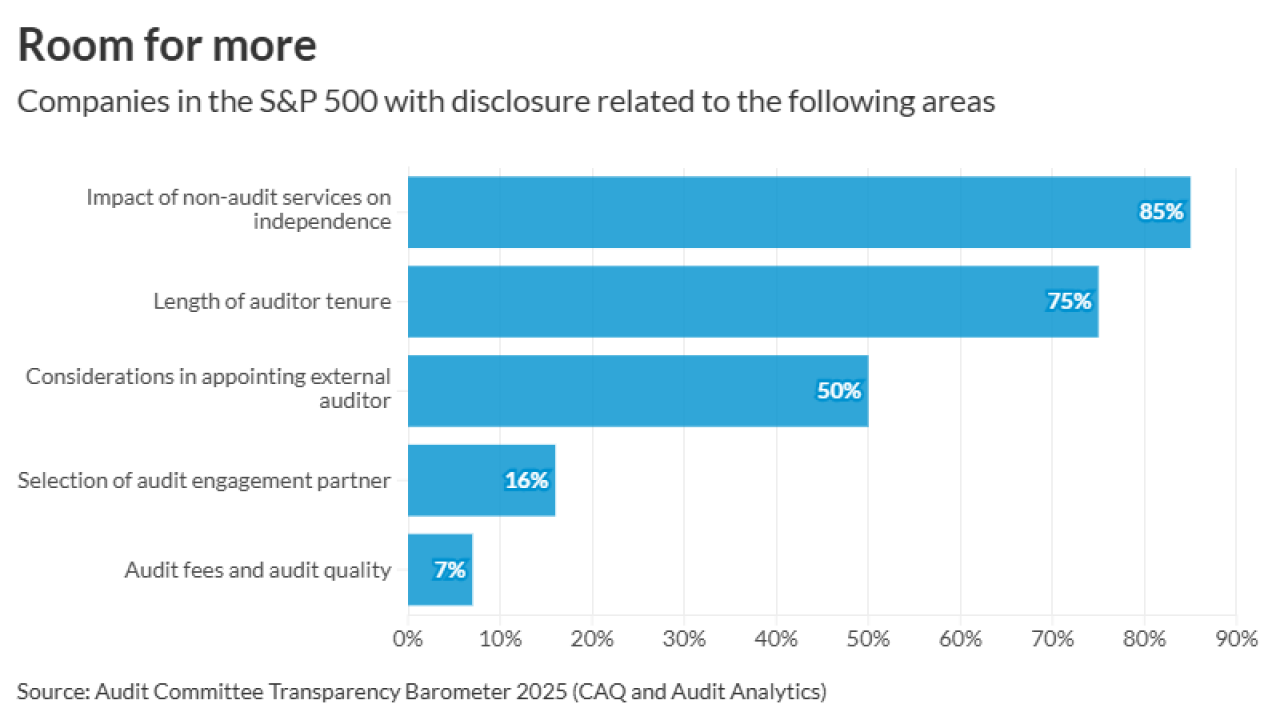(Bloomberg) The European Union, locked in a tax battle with the likes of Apple Inc. and McDonald’s Corp., laid down the law in its bid to rein in governments that woo multinationals with special fiscal deals allowing them to reduce their fiscal liability by booking profits abroad.
The European Commission, which can ban unfair tax advantages conferred to companies, outlined measures cutting member states’ ability to make rulings that lower the tax burden of foreign businesses.
“Any deviation from the best estimate of a market-based outcome must be limited and proportionate,” the document states. This applies to situations where there aren’t any good comparable transactions in the real world given that profit-shifting can involve remunerating hard-to-quantify intellectual property rights held in a low-taxation country.
The EU already showed its resolve last year when it ordered Starbucks Corp. to pay as much as 30 million euros ($33 million) in back taxes. The commission said a Dutch unit paid millions of euros to a U.K.-based arm of the company that isn’t taxed in Britain in exchange for a technique to roast coffee beans. Exaggerated tax-deductible royalty payments for this technique allowed Seattle-based Starbucks to unfairly lower its Dutch taxes, it said.
The new rules beef up the regulator’s powers to limit the type of deals it’s probing in Ireland concerning Apple and Luxembourg’s arrangements with companies such as Amazon.com Inc. and McDonald’s.
The iPhone maker’s tax agreements with Ireland were criticized as unfair by EU regulators who said the deals were improperly designed to give Apple a financial boost in exchange for jobs in the country. The methods used to determine profit allocation to two Irish units “result from a negotiation rather than a pricing methodology,” the EU regulator said at the time.
All the companies and countries targeted by the EU have denied they broke any rules, raising the prospect of protracted legal challenges.
Multinationals should stick with the guidance provided by the Organisation for Economic Co-Operation and Development on the arm’s length principle in order to determine how to allocate profits, according to the EU rules.
The OECD’s guidelines on the matter “capture the international consensus” on a principle which is meant to ensure that, for tax purposes, transactions between subsidiaries are based on prices an unrelated company would pay, according to the rules.
The OECD says such profit shifting costs the world as much as $240 billion a year in lost revenue.





